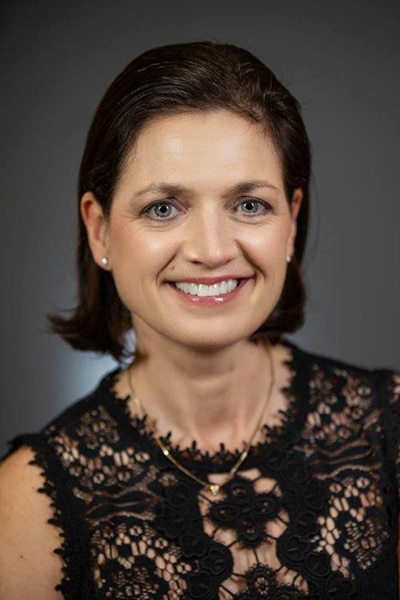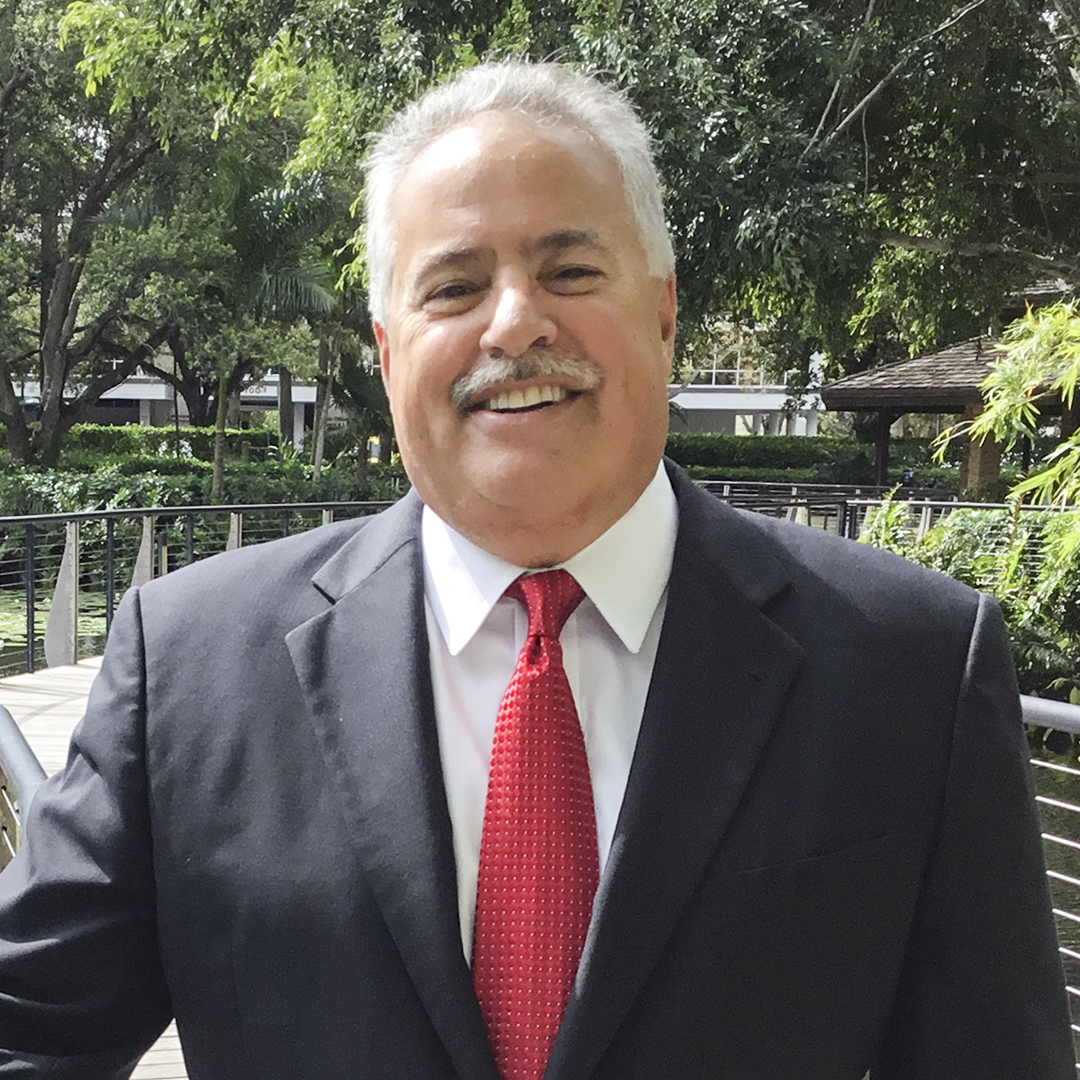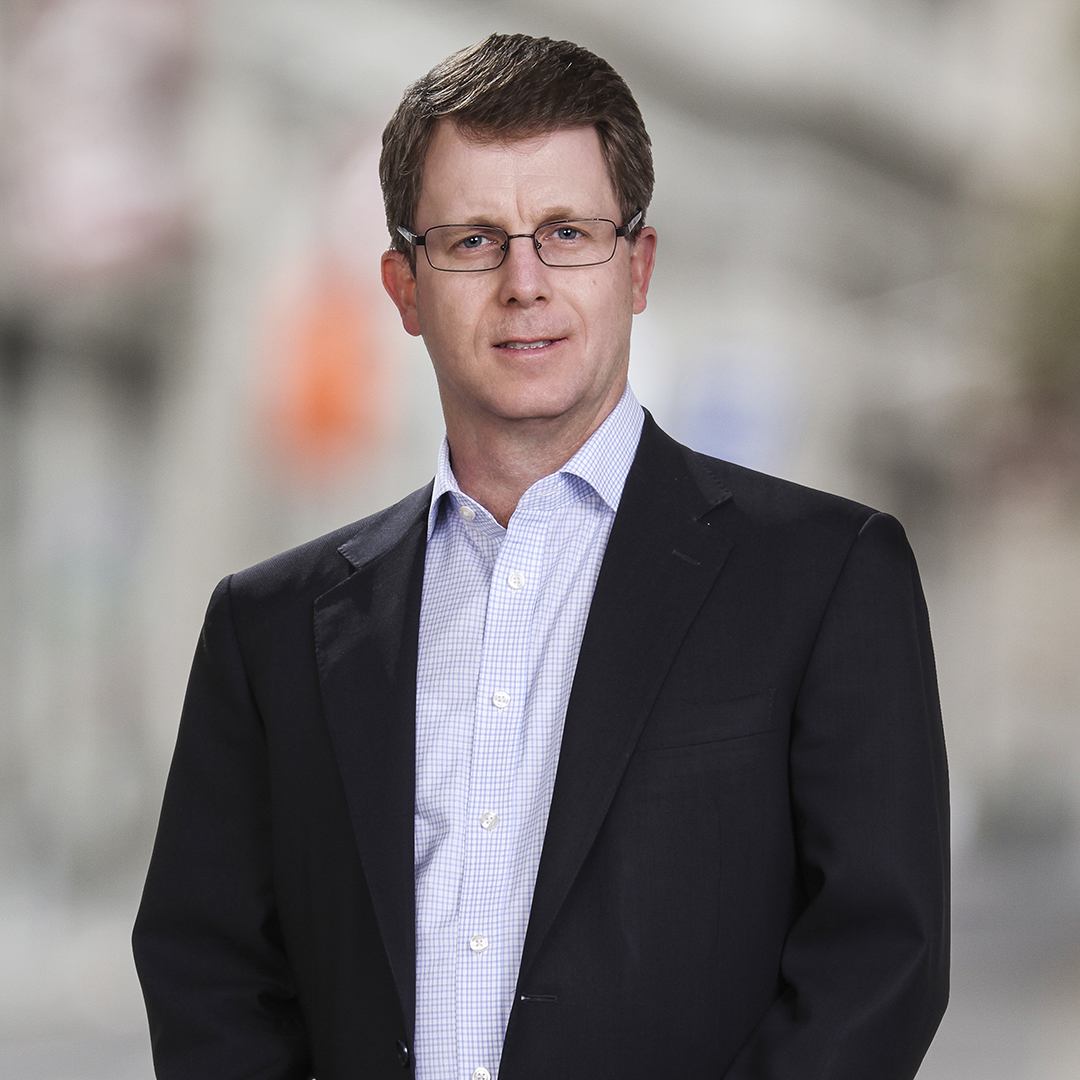Stephanie Winter Yocum’s HR career has excelled because of agile decision-making and strategic thinking—but she wasn’t always that hyper-organized and focused of a leader. “I was one of those people who had no idea what they wanted to do with their life,” she says. But Yocum found her path by continuing to put in hard work, amassing important life lessons along the way. Even in her first jobs in retail, she knew it would make a difference in the future. “It’s not what you’re doing, it’s the skills that you’re building when you’re doing it,” she says. Throughout her career, the following lessons have helped Yocum develop into an effective HR professional.
Finding a Passion and Creating Opportunities
After working in New York City for a few years, Yocum returned to school, earning her master’s of arts in higher education from Ohio State University. She immediately followed that up with a master’s degree in labor and human resources. With the two degrees, Yocum felt she could tackle any number of different challenges, either in the business or education fields. As a first step, she worked in consulting with Accenture. “I was exploring and learning what it felt like to help people lead through change,” she says.

One client, PolyOne, offered to bring Yocum in-house to build a corporate learning and development organization from the ground up. She jumped at the opportunity to create something from a blank slate, not to mention to travel internationally and further develop her skills in change management. From there, Yocum knew she had found passion for a field that she could continue to build on.
Learning From Setbacks
Unfortunately, after a few years at PolyOne, Yocum learned that her entire function would be downsized as the business struggled. But even then, Yocum looked at the experience as a learning opportunity. “I looked at what had happened and realized I had to broaden my skill set,” she says.
To diversify her knowledge base, Yocum took her next position at The Scotts Miracle-Gro Company, working as an HR director. Not only was she working in different facets of HR, but she’d also be working as more of a business partner. That role involved assisting in the design of a succession planning process for senior leadership, and eventually led to work as a general business HR partner.
After a three-year tenure at Scotts, Yocum was offered the top HR job at home builder M/I Homes. “It was a great opportunity to have board experience, interface with the senior leadership team, and lead a whole HR function,” she says. Though relatively small, the company was publicly traded and needed to develop its HR business. That involved putting in new programs such as leadership development, executive compensation, training and development, and more.
By looking at her previous position as a place to develop a broader skill set, Yocum had prepared herself perfectly for the position. However, nothing could have prepared her (or M/I Homes) for the residential homebuilding crash that followed shortly after she joined the organization. Immediately, Yocum realized the need for a culture and leadership team that could effectively navigate massive downsizing and outplacement—a disappointment she had previously felt herself.
Balancing Customer Expectations
In 2011, Yocum and her family moved to Connecticut, meaning she’d need to leave M/I and find a new opportunity. After two years as senior manager of HR for nonprofit ISO New England, Yocum stepped into her first C-suite role as chief human resources officer for Numotion. Rather than downsizing, the healthcare organization was on a trajectory of massive growth with a mission to provide mobility solutions such as wheelchairs for customers in need.
As an HR executive, there is a duty to serve a diverse group of stakeholders. “We were looking at 2,500 employees across 41 states, with a billion-dollar growth plan,” she explains. Those numbers led to a lot of complexity, but Yocum looked at that also as an opportunity to make an impact on more employees lives, and to create a culture of leadership where people and customers feel heard and valued.
Just as critical are the strong relationships that have to exist with the leaders of the business. “Senior executives are in the most impactful, pivotal decision-making seats, and they are all unique—they all have their own career stories, ways of thinking about the world, and backgrounds,” Yocum says. With this in mind, Yocum always tries to remember that being conscious of these different experiences when you partner with them, as well as having a clear perspective of your own, can lead to greater success in future. “You need flexibility and a proven way to build and keep trust.”
Always Working for Tomorrow
Yocum relies on the amalgamation of all her experiences to help solve new puzzles and bring excitement to new opportunities. “There has been such a diversity of experience in my background, but I’ve never thought about leaving HR because of the potential the function has to help ensure the success of the people that push the business,” she says.
Yocum has faced tragedy in her life—her father passed away recently, and her mother has Alzheimer’s—but even in looking back at her life, she sees how far she has come and how far she can go. “My philosophy is based on the idea of the ‘B+ student,’” she says. “If you’re always the A student, you don’t have the opportunity to know what it feels like to work harder and harder for something—and then feeling joy when you have achieved it. It’s humbling and character-building, and it forces you to build strength to get through what life will throw at you.”
One thing that ties Yocum’s entire career together is that ever since her first jobs, she has never taken her consulting hat off. “I believe you need to start every day wanting to exceed your client’s and your team’s expectations—even if you’re in-house,” she says. “You need to get up every morning and start all over again.”
Editor’s note: At time of publication, Stephanie Yocum was no longer with Numotion.

